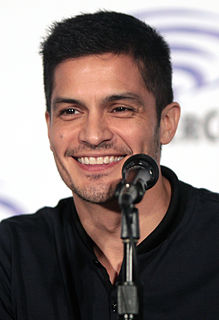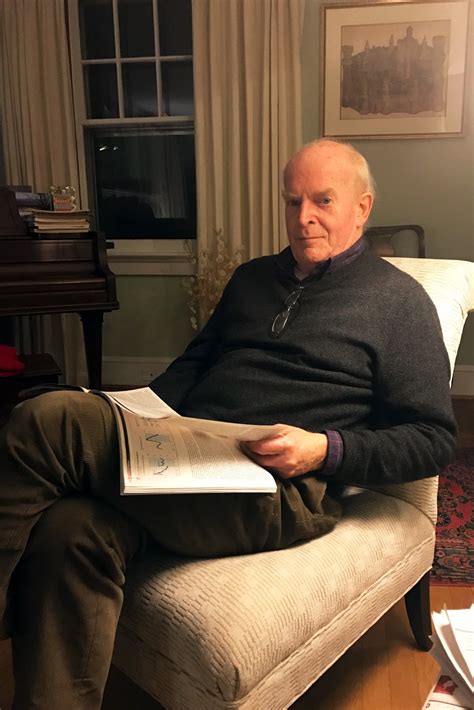A Quote by Ernst Engel
He who attempts to draw any conclusion whatever as to the nation's wealth or poverty from the mere fact of a favorable or unfavorable Balance of Trade, has not grasped the first fundamental principle of Political Economy.
Related Quotes
[Barack] Obama, for example, he has not given up on cap-and-trade. Now, he has not been able to pass cap-and-trade, but cap-and-trade is all about redistribution of wealth in a global basis - taking money out of this country and giving it to third-world countries on the other end of the ocean. And that is redistribution of wealth in a global basis. It's fundamental Marxism.
There is little favorable to be said about poverty, but it was often an incubator of true friendship. Many people will appear to befriend you when you are wealthy, but precious few will do the same when you are poor. If wealth is a magnet, poverty is a kind of repellent. Yet, poverty often brings out the true generosity in others.
Optimism is a tonic. Pessimism is poison. Admittedly, every businessman must be realistic. He must gather facts, analyze them candidly and strive to draw logical conclusions, whether favorable or unfavorable. He must not engage in self-delusion. He must not view everything through rose-colored glasses. Granting this, the incontestable truth is that America has been built up by optimists, not by pessimists, but by men possessing courage, confidence in the nation's destiny, by men willing to adventure to shoulder risks terrifying to the timid.
Pope Francis emphatically does not buy the argument that poverty can be alleviated by the 'trickle down' effects of wealth creation. He is deaf to arguments that the global economy has brought a billion people out of poverty. He is convinced, in short, that the best and only way to expel poverty is fairer distribution of the world's goods.
One of the difficulties of politics is that politicians are shocked by those who are really prepared to let their thinking reach any conclusion. Political thinking consists in deciding upon the conclusion first and then finding good arguments for it. An open mind is considered irresponsible- and perhaps it really is.





































